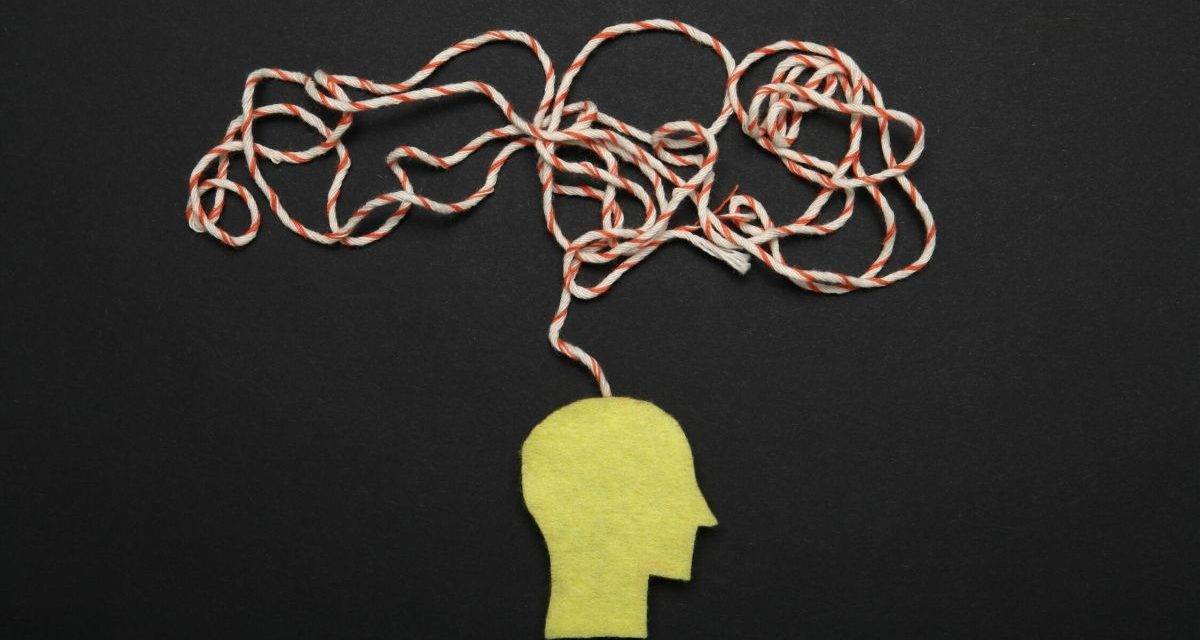Managing the Child with ADD/ADHD – Part 2

A child with attentional issues, whether full ADD/ADHD or not, can be a challenge for parents. At times, it’s about keeping them on task. At other times, it’s managing the behavioral issues that evolve over time, as parental strategies fail with the more distractible, inattentive child.
The reason for this lies in the points reviewed last week, where I emphasized once again, the critical role of “weed feeding” with the challenging child. These more challenging children PULL for your attention in the worst of moments, and this happens over and over again. If you fail to manage the weed feeding, the remainder of the system reviewed here will fall apart. So please, make sure you understand those fundamentals covered in last week’s article.
Part II: Leverage: Never Give Up Your Leverage
This lesson points to the source of power we often neglect; leverage. Leverage is simple: this comes in the form of all the goodies, all the toys, all the electronics and everything your children enjoys.
If we learn to use this leverage early on, life is easy. Children learn that in order to get to the ‘goodies’ they must take care of their ‘business.’
From a practical perspective, there is a silent, daily message: It’s Work, then Play.
I emphasize this simple formula because it is the secret juice that can set you free when working with the more challenging aspects of ADD/ADHD. When you embrace this formula, then life gets simple. Why? Because you are using leverage to get cooperation—not your voice, your words, your threats or your yelling.
We use the leverage to make sure that the homework, the chores, and other responsibilities are done first (i.e., The Work)…before getting to the goodies (i.e., The Play). This is the core lesson to understand because the “Work, then Play” formula takes advantage of how your children automatically learn habits, whether easily focused or more distractible. Without leverage, you are at the mercy of their underlying physiological state to maintain focus…and for the attentionally challenged child, this doesn’t work out well.
Bottom line: Never give up your leverage.
Abandon Control Of Your Kids. Obsess On Control Of The Goodies.
This works in concert with our discussion last week. Instead of trying to control your children (almost impossible with ADD/ADHD), you now focus on controlling something much more practical: the goodies! It is essential to get very skilled at managing the stuff your children seek out for pleasure and enjoyment.
For easy children, this can mean that you simply say that the TV and playroom are off-limits until the homework is done. However, for your more challenging kids, you must take on control of the goodies more seriously. You will have to lock up the toys, shut down the electronics and perhaps lock up the bicycle in the garage. All these actions may be necessary early on with the child who brings a bit of defiance to the table, as is often the case with ADHD.
Simple solution: Remove/control the goodies, until the work is done.
Patiently Wait For The Insight: “It’s In My Interest To Get The Work Done.”
Now, you must wait. Some kids cooperate immediately, and some will waste time. Some will do nothing. Some will forcefully resist. Distractible children tend to come to the right understanding more slowly, but this cannot be a reason to change your game plan.
Be patient. Time is really on your side. You must let them learn that life will be easy for them, once they take care of their responsibilities. So, let them find their path to cooperation. Again, the speed of this path will vary. But the learning is predictable as long as you are able to keep your attention out of the distracting moments.
So be patient and abandon the reminders and the nagging. Allow the leverage to do its magic, and an easier life awaits!
Consider Small Chunks Of Work
If teachers and professionals concur that your son or daughter has a severe case of ADD/ADHD, you may need to slightly adjust your approach. Build-in ‘work’ demands as smaller chunks of time, before a period of play, is allowed. Thus, you might have two or three ‘Work, then Play’ segments in an afternoon. This often works wonderfully for the more distractible or energetic child.
Adjusting Their Underlying Physiology
In next week’s article, we will cover tactics to help the more severe child change the way their brain functions.




